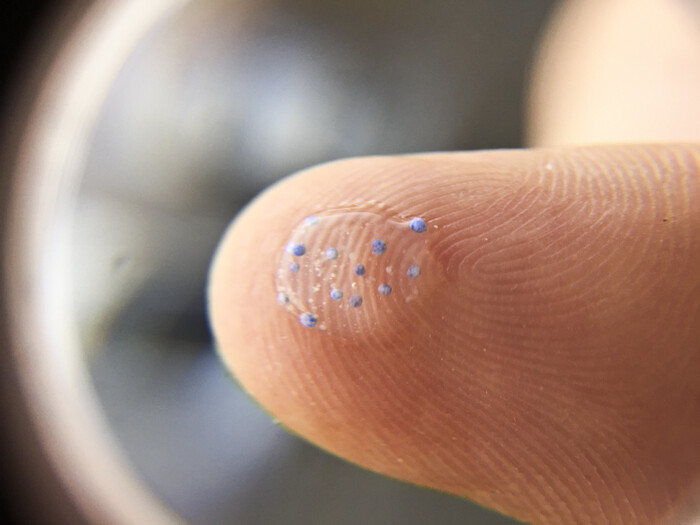For the first time, a study has detected the presence of microplastics in the ovarian follicular fluids of women undergoing Medically Assisted Reproduction. The theme will be at the center of the 7th National Congress of the Italian Society of Human Reproduction, in Bari from 11 to 13 April.
In general, infertility in Italy "is a widespread problem that affects almost one couple in five of fertile age", declares Paola Piomboni, President of Siru. But the spotlight of the experts will also be focused on other issues, such as the postponement of the entry into force of the Lea for assisted reproduction postponed to 1 January 2025: "A vulnerability for couples who intend to undertake this path", warn the specialists. The discovery represents confirmation of how plastic contamination should be considered an emergency to be addressed immediately, say the authors of the study. The same substances, in fact, not only have a direct damaging effect on ovarian function through different mechanisms, primarily oxidative stress, but they also act as a Trojan horse for other notoriously toxic substances.

